Kresge Library unveils MindKare Kiosk
Oakland is the first college campus providing students with mental health screen-testing.
Lakhana Peou, MSW, Director of Programs for Screening for Mental Health, displays the functions of the new MindKare kiosk in Kresge Library.
On Wednesday, Jan. 18, Oakland University’s Kresge Library unveiled Michigan’s first MindKare Kiosk program. A $27,000 grant from the Flinn Foundation provides an interactive screen test in order to help with mental health.
The program gives students an anonymous opportunity to seek information regarding six mental health issues, including depression and anxiety. It also screens for other disorders, including bipolar disorder, eating disorders, post-traumatic stress disorder and substance abuse.
Taylor McKune, president of Active Minds at OU and senior health science major, explained the kiosk.
“It serves as a simple way for students to confidently check in on their mental health,” McKune said. “Just as we monitor our physical health through doctors’ visits, blood work and vital signs, it is equally important to assess and understand our mental health. The kiosk normalizes that experience for students in a quick and user-friendly way.”
McKune said the kiosk runs a two-minute questionnaire. The test ends with results and recommendations for mental health resources appropriate for the user.
As for its accuracy, McKune explained that the intention of the program is to be more educational than diagnostic.
“The kiosk adapts the Screening for Mental Health’s online screening platform,” she said. “While a complete clinical evaluation is recommended as a follow-up, the screening is an accurate tool in identifying potential mental health risks.”
McKune said she believes the installation will impact students’ knowledge about mental health.
“Many students recognize that they are feeling or behaving differently, but may not always translate those symptoms to mental illness,” she said. “Taking that screening is the first step in identifying mental health risks and getting connected with the appropriate community resources.”
The kiosk is an effective way to fight the stigma against mental health disorders.
“This kiosk normalizes the experience of a mental health checkup and emphasizes the importance of understanding your mental health status,” McKune said.
Abbie Haelewyn, a senior-year master’s program student in the counseling department, agreed that the kiosk is a useful tool for her peers, as students have high-stress and are therefore more at risk.
“The location is key,” Haelewyn said. “It is in the library where it is quiet, [and] it has a privacy screen. It is definitely going to [collect] a lot of data, too. When we [the counseling department] run the data, we can target a specific area where needs are most. We get research done so much quicker, because it is technology.”
McKune said the screening data is anonymous and confidential.
Neelam Mehta, a senior-year master’s student and clinical mental health major, appreciates the accessibility of the kiosk.
“There [are] wonderful referrals for community resources if you are not necessarily interested in getting help on campus,” Mehta said. “I think it is helping to reduce the stigma of mental health by being so open and accessible, and it is a wonderful addition to the campus.”
Mehta believes mental health is an important topic on college campuses.
“I think mental well-being should be as important as physical well-being,” Mehta said. “It should increase [students’ knowledge about mental health] quite a bit, especially for people that have gone through traumatic experiences or just regular stresses of being a student. Being a student, there are lots of commitments [and] balances with work life, home life, school life.”
The MindKare Kiosk is available 24/7 on Kresge Library’s ground floor, near the circulation desk.


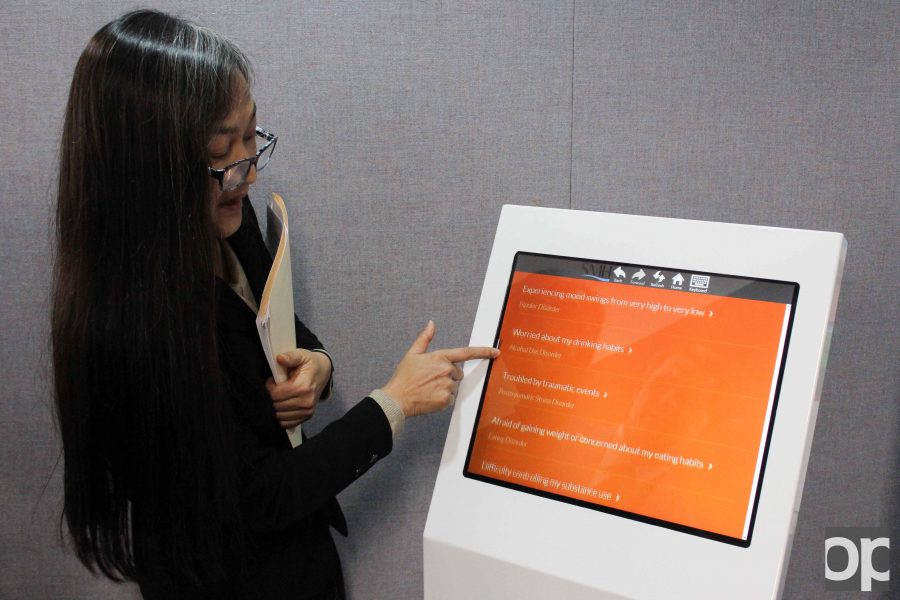
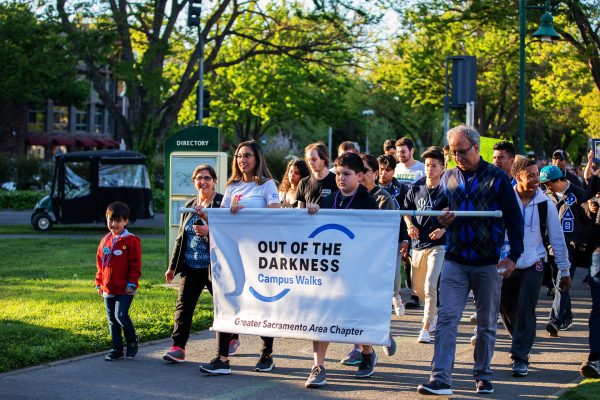

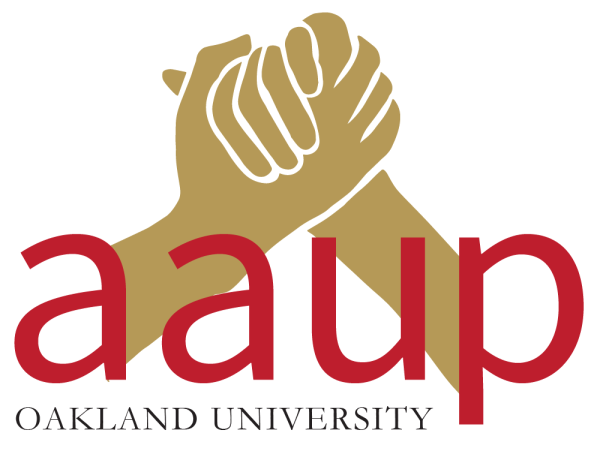
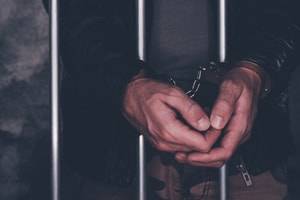


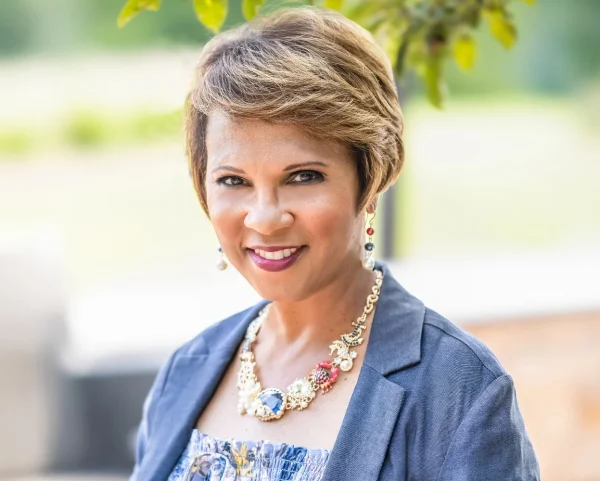
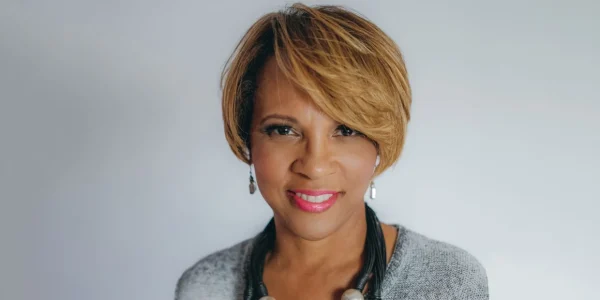
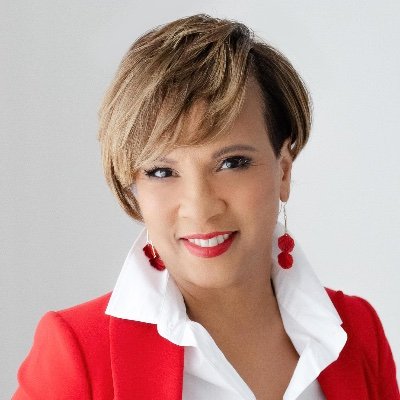
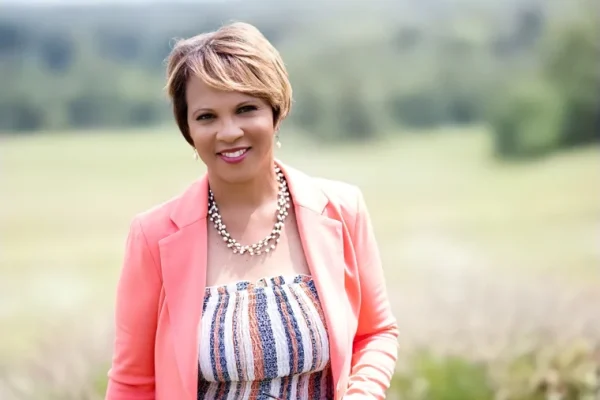
Harold A. Maio • Jan 25, 2017 at 9:37 AM
—- the stigma of mental health ???
Please write more responsibly.